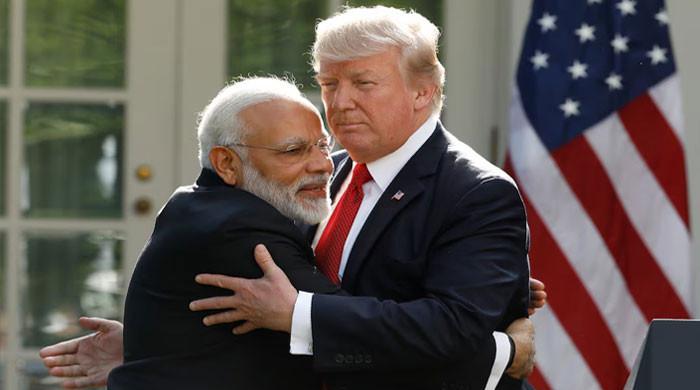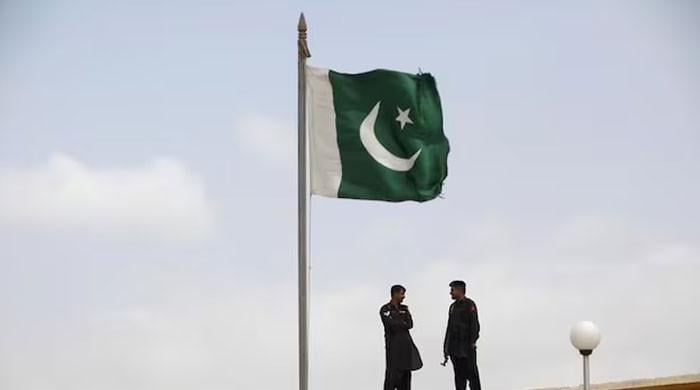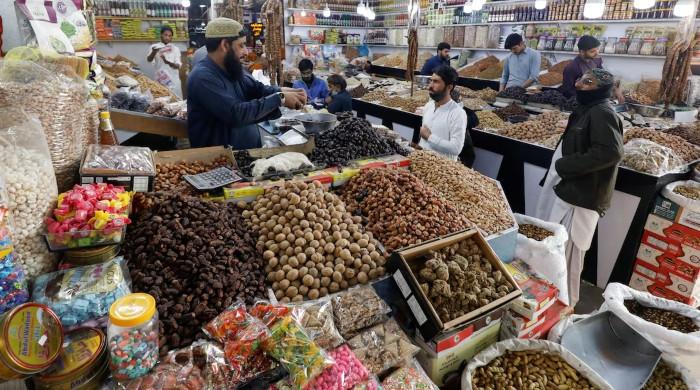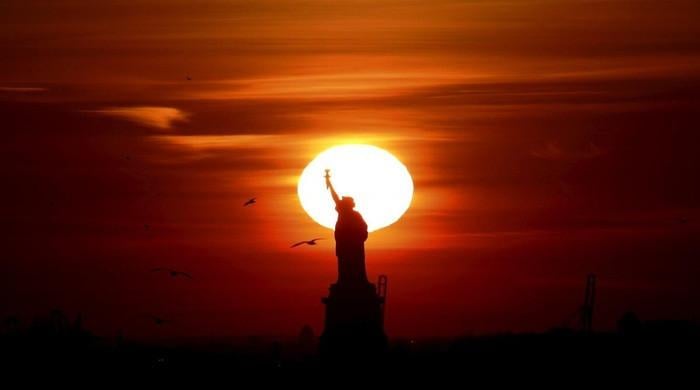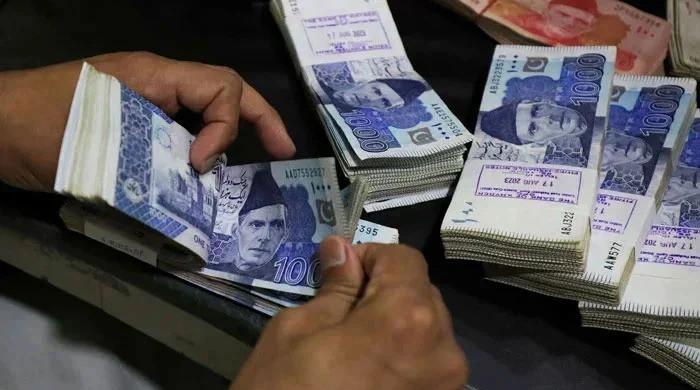Explainer: Is the govt’s proposed media ordinance really 'media martial law'?
Pakistan Media Development Authority Ordinance, 2021 aims to repeal several existing laws
May 31, 2021
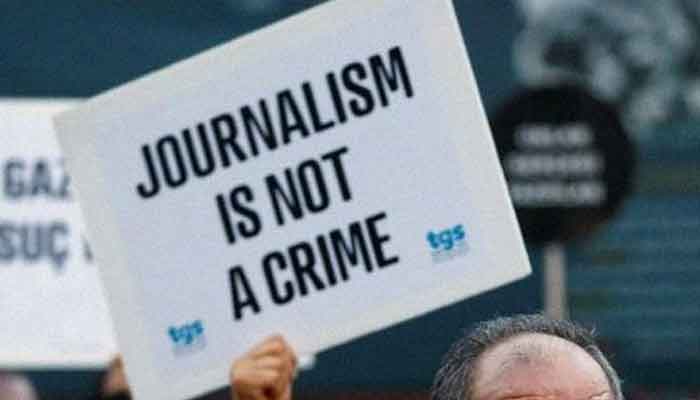
The government has drafted a Pakistan Media Development Authority Ordinance, 2021, which aims to repeal several existing laws.
- The Press Council Ordinance, 2002
- The Press, newspaper, news Agencies and books Registration Ordinance,2002
- Newspaper Employees (Conditions of Service) Act 1973
- Pakistan Electronic Media Ordinance 2002 as amended by PEMRA Amendment Act 2007
- The Motion Pictures Ordinance 1979
Instead, under the ordinance a Pakistan Media Development Authority (PMDA) will be set up.
What is the Pakistan Media Development Authority?
The PDMA has been described in the Ordinance as “an independent, efficient, effective and transparent” Authority which will regulate all forms of media, including digital media.
In fact, now under the Ordinance, print and digital media will also need a license to establish and operate in the country.
The draft describes digital media as online newspapers, web TV channels, OTT content platforms, online news channels, video logs and YouTube channels, Netflix, Amazon Prime etc.
Read more: Opposition rejects govt's proposed media ordinance, calls it 'draconian'
Once established, the Authority will consist of a chairperson and 11 members to be appointed by the President of Pakistan on the advice of the federal government. The chairperson of the Authority will be appointed from a panel of grade 21-22 of information group officers.
What are the functions of the PDMA?
The PDMA will primarily grant and renew licenses or registration certificates for electronic, print, digital media services and film services. Furthermore, it will investigate and adjudicate on complaints and other claims made “against licensees arising out of alleged contraventions of the provisions of the Ordinance.”
The Authority shall also devise a Code of Conduct for programmes and advertisements for compliance.
What will be the new terms and conditions for media organizations to operate?
As per the drafted Ordinance, the government could issue directives to the Authority on matters of policy, and such directives will be binding on the Authority.
For a media organization to operate in the country, it will be required to not broadcast, distribute or make available online any programme inciting violence or hatred or any action prejudicial to maintenance of law and order or content which defames or brings into ridicule the Head of State, or members of the armed forces, or legislative or judicial organs of the state or is obscene or vulgar.
The Authority will have the power to prohibit any person, print media, electronic media, digital media or any platform from printing, broadcasting or making available an online program without a show cause notice and affording opportunity of hearing.
The conditions further require that media organizations not broadcast or distribute anything “which is known to be false or baseless or is malafide or for which there exist sufficient reasons to believe that the same may be false, baseless or malafide.”
The Authority may also call for any information, audited financial statements, or any other relevant document.
The Authority can without notice “by reason of necessity in the public interest” seize the equipment of a media station or seal its premises.
What is a media complaint council?
Under the proposed law, the government will establish a Media Complaints Council.
The Council will then “receive, scrutinize, investigate and review complaints made by persons or organizations from the general public against any aspects of news, analysis, programmes on print, broadcast, films and online platforms or distributed by any media service provider established through a license or registration certificate, declaration and NOC issued by the Authority and complaint from media workers for nonpayment of wages.”
Read more: EU concerned over state of freedom of press in Pakistan
The Councils may recommend to the Authority after receiving a complaint within a period of 20 days appropriate action against an organization.
What action will be taken against violators?
As per the draft, an electronic media licensee of the Authority shall not enter into an agreement with any foreign broadcaster to sell its air time or otherwise provide its airtime to another foreign broadcaster or any media service operator without prior written permission of the Authority.
Violators can face fines up to Rs. 25 million. Also any licensee and registered entity, declaration and NOC holder or person who violates or abets the violation of any of the provision of this Ordinance shall be guilty of offence punishable with imprisonment for a term which may extend to three years or with a fine which may extend up to two twenty five million rupees or with both.
What are media tribunals?
As per the draft, the president will set up media tribunals. An aggrieved person can file an appeal with the media tribunal within 30 days. Only the Supreme Court will have jurisdiction to question the legality of a decision taken by the media tribunals.






